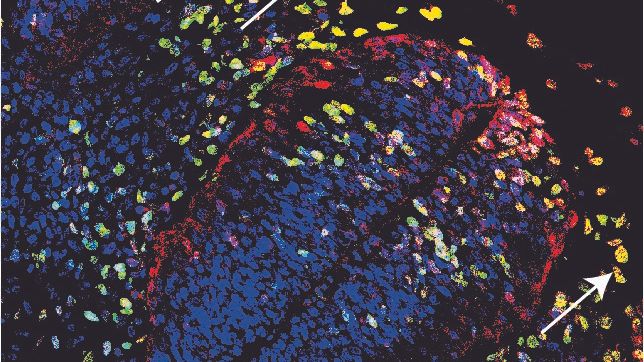Whole-genome sequencing analysis helps in finding more exact biomarkers
A new study from Uppsala University shows that whole-genome sequencing increases the precision of genetic studies, which in turn can improve our understanding of how to use biomarkers to discover disease. The results are published in the scientific journal Scientific Reports.

